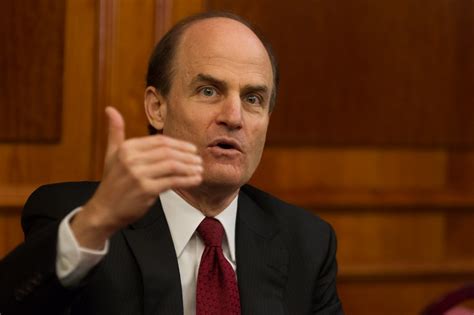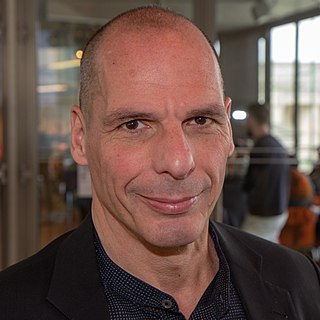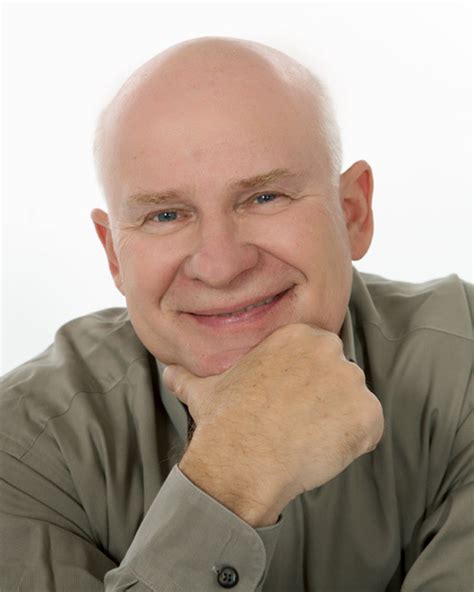A Quote by Viktor E. Frankl
It isn't the past which holds us back, it's the future; and how we undermine it, today.
Related Quotes
Life is the future, not the past. The past can teach us, through experience, how to accomplish things in the future, comfort us with cherished memories, and provide the foundation of what has already been accomplished. But only the future holds life. To live in the past is to embrace what is dead. To live life to its fullest, each day must be created anew.
How we view ourselves can often determine the perspective and degree in which we see others and the world around us. Each and every one of us has a view. Such a view, that it can shape the future of others and how they live, dream and look towards the future that we all hope is better and more fruitful than our past. This I believe is a common initiative.
Regular crises perpetuate the past by reinvigorating cycles which started long ago. In contrast, (capital-C) Crises are the past's death knell. They function like laboratories in which the future is incubated. They have given us agriculture and the industrial revolution, technology and the labour contract, killer germs and antibiotics. Once they strike, the past ceases to be a reliable predictor of the future and a brave new world is born.
Even time is a concept. In reality we are always in the eternal present. The past is just a memory, the future just an image or thought. All our stories about past and future are only ideas, arising in the moment. Our modern culture is so tyrannized by goals, plans, and improvement schemes that we constantly live for the future. But as Aldous Huxley reminded us in his writings, "An idolatrous religion is one in which time is substituted for eternity...the idea of endless progress is the devil's work, even today demanding human sacrifice on an enormous scale.
How those fires burned that are no longer, how the weather worsened, how the shadow of the seagull vanished without a trace. Was it the end of a season, the end of a life? Was it so long ago it seems it might never have been? What is it in us that lives in the past and longs for the future, or lives in the future and longs for the past? (from "No Words Can Describe It")
Do not pursue the past. Do not lose yourself in the future. The past no longer is. The future has not yet come. Looking deeply at life as it is. In the very here and now, the practitioner dwells in stability and freedom. We must be diligent today. To wait until tomorrow is too late. Death comes unexpectedly. How can we bargain with it? The sage calls a person who knows how to dwell in mindfulness night and day, 'one who knows the better way to live alone.'
The Past is dead, and has no resurrection; but the Future is endowed with such a life, that it lives to us even in anticipation. The Past is, in many things, the foe of mankind; the Future is, in all things, our friend. In the Past is no hope; The Future is both hope and fruition. The Past is the text-book of tyrants; the Future is the Bible of the Free. Those who are solely governed by the Past stand like Lot's wife, crystallized in the act of looking backward, and forever incapable of looking before.
The establishment of inner harmony is to be attained neither in the past nor in the future, but where the past and future meet, which is the now. When you have attained that point, neither future nor past, neither birth nor death, neither time nor space exist. It is that NOW which is liberation, which is perfect harmony, to which the men of the past and the men of the future must come.






































